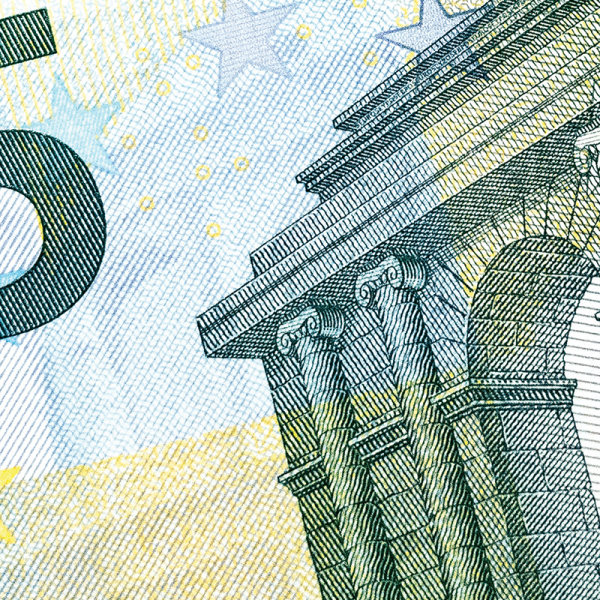Economics Major
As an economics major, you’ll study some of the world’s most significant social problems such as poverty, unemployment, and the evolution of standards of living over time. To best approach these problems, you’ll study two different but interrelated fields: microeconomics, which provides tools to analyze the trade-offs that individuals and governments confront because of limited resources, and macroeconomics, which explores the sources of economic growth and the causes of recessions and inflation.
sample courses:
Exploration of the realities of economic life in the U.S. and how they correspond to the American Dream. Interdisciplinary perspectives from economics, sociology, and other areas of social inquiry. Emphasis on the consistency between empirical data and different concepts of the American Dream. Specific topics to include sources of economic growth and changing living standards, unemployment, impact of globalization on U.S. citizens, economic mobility, poverty and inequality, and social justice.
Behavioral economics is an effort to incorporate ideas from psychology into economic models of behavior. We will focus on popular experimental anomalies, including the Allais and Rabin paradoxes, ultimatum bargaining, the centipede and public goods contribution games. We will examine the extent to which these are consistent with standard economic theory and how they may contradict it. The primary focus will be a critical examination of psychological theories of non-standard preferences including loss aversion, probability weighting, reciprocity, fairness and present bias. Theories of incorrect beliefs and systematic biases such as money illusion and procrastination will be covered. Applications to the current economic crisis will also be discussed. The class will include an introduction to experimental methods in economics, including hands-on experience in the MISSEL laboratory.
our students have gone on to become:
Accountants
Actuarial Analysts
Advertisers
Bankers
Business Consultants
Economic Analysts
Market Researchers
Product Designers
